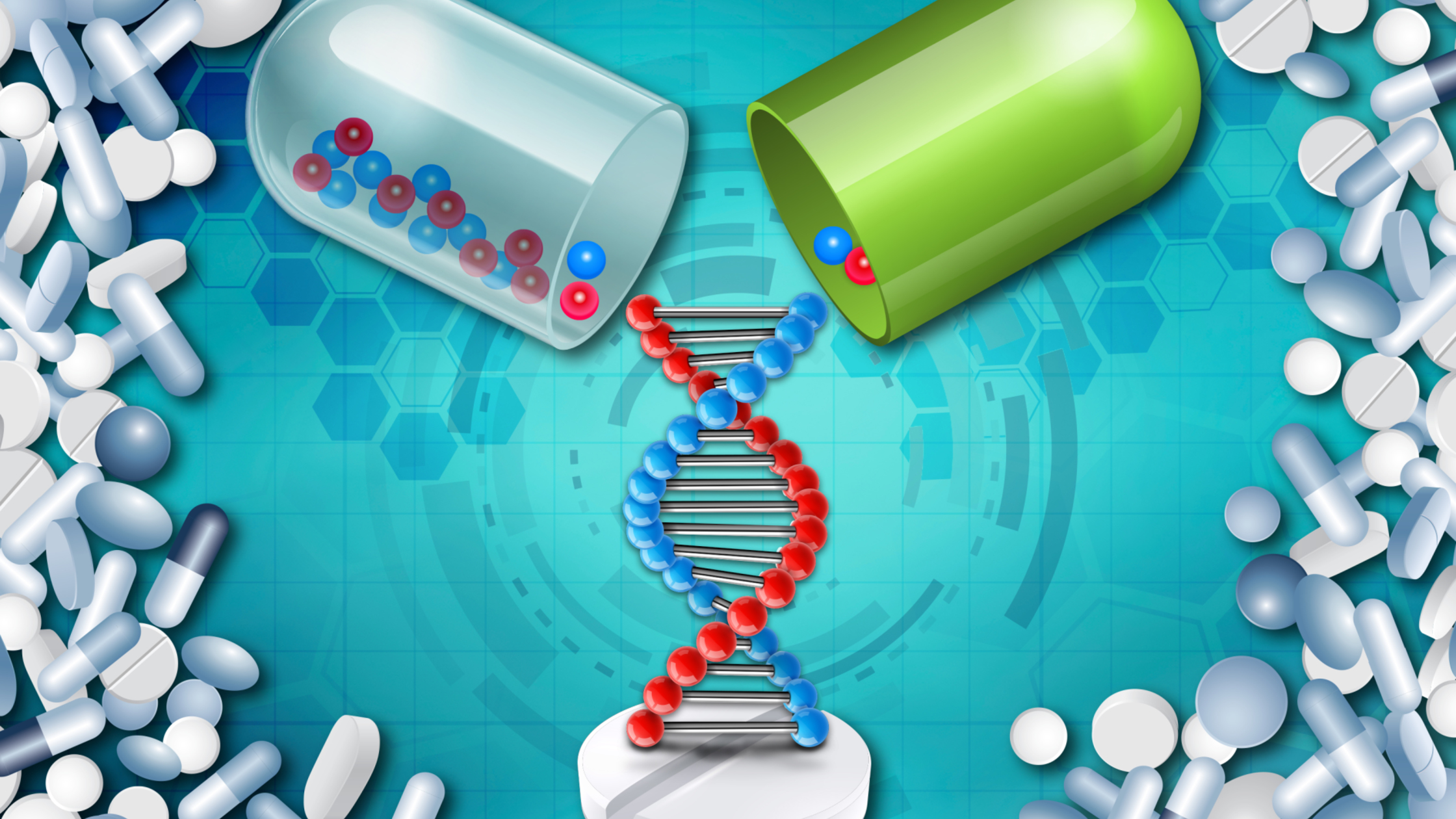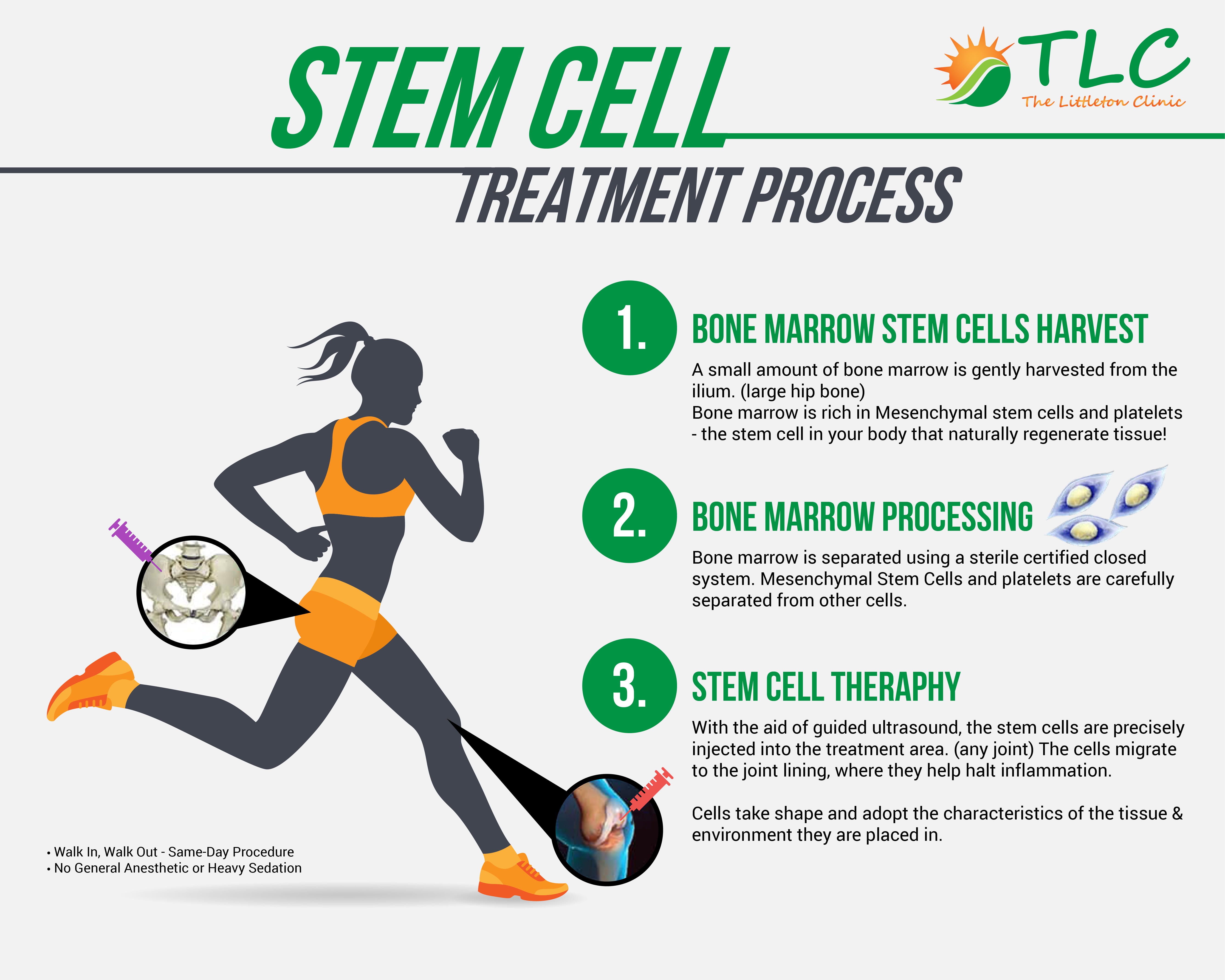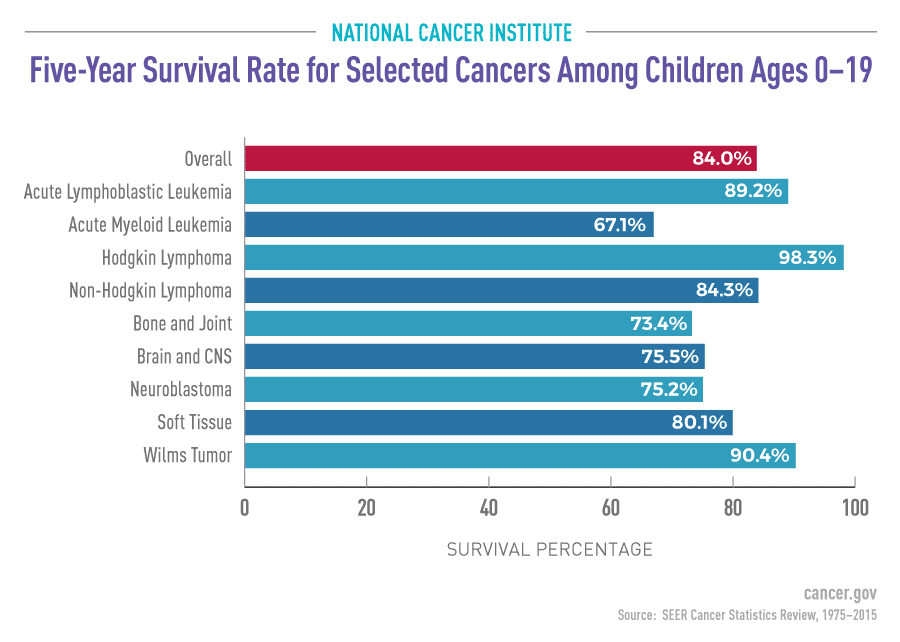Treatable genetic disorders represent a groundbreaking frontier in maternal-fetal medicine, offering hope to families through timely diagnoses and early interventions. Recent studies indicate that nearly 300 genetic conditions can be identified and effectively managed during pregnancy or in the first week after birth, paving the way for enhanced prenatal genetic testing. Utilizing advanced genomic sequencing techniques, healthcare professionals can detect these disorders and initiate appropriate treatment protocols that may greatly improve health outcomes. Fetal diagnosis genetics allows for proactive care, transforming potentially debilitating conditions into manageable health issues. With a focus on early intervention for genetic disorders treatment, families gain unprecedented opportunities to alter the trajectory of their child’s health right from the womb.
When discussing conditions that can significantly impact a newborn’s health, the term “manageably hereditary illnesses” comes to mind. These conditions, often recognized during routine prenatal care, can be tackled through early testing strategies, such as pregnancy screenings and genomic analysis. Evolving methodologies in fetal diagnostics are enabling healthcare practitioners to pinpoint issues before birth, delivering a range of future treatments for these genetic anomalies. The increased emphasis on identifying actionable genetic variations means parents can now partake in informed decision-making during pregnancy. These proactive measures highlight the crucial role of early intervention in mitigating the effects of genetic disorders.
Understanding Treatable Genetic Disorders Before Birth
Recent advancements in prenatal medicine have brought to light a significant number of treatable genetic disorders that can be diagnosed and addressed even before birth. Particularly, nearly 300 genetic conditions have been identified as manageable through early detection and intervention, which opens up new pathways for prenatal genetic testing. This proactive approach not only enhances the quality of care but also empowers expecting parents with critical health information about their unborn child.
Timely detection of these treatable genetic disorders can drastically reduce the risk of severe morbidity and improve long-term outcomes for affected infants. By utilizing advanced techniques like genomic sequencing during prenatal care, healthcare providers can pinpoint genetic anomalies that could lead to critical health challenges at birth. This early intervention strategy is a game changer, as it allows for targeted treatments that could be administered either in utero or immediately after delivery.
The Role of Genomic Sequencing in Fetal Diagnosis
Genomic sequencing has revolutionized fetal diagnosis, enabling healthcare professionals to detect genetic disorders with remarkable accuracy during pregnancy. This technology analyzes a fetus’s genetic material, allowing for the identification of conditions associated with ultrasound anomalies and other signs. The ability to perform such detailed testing during prenatal care facilitates the early planning of treatment strategies, ultimately leading to improved clinical outcomes.
Furthermore, genomic sequencing is not limited to identifying genetic disorders that manifest at birth; it can also reveal incidental findings that may pose future health risks. For instance, certain genetic markers might indicate predispositions to heart conditions or metabolic disorders that can be managed through specific interventions. This foresight equips families and healthcare teams with vital information, fostering a collaborative approach to managing the health of both mother and child.
Early Intervention Strategies for Managing Genetic Disorders
Early intervention is pivotal in the context of genetic disorders; with timely diagnosis, certain conditions can be effectively managed before they result in irreversible harm. The integration of early intervention strategies into prenatal care plans can lead to better health outcomes for infants diagnosed with genetic disorders. For example, some disorders that were once believed to be life-threatening can now be managed via medication or other non-invasive treatments if detected early enough.
Implementing an early intervention strategy involves close collaboration among healthcare providers, including obstetricians, genetic counselors, and pediatric specialists. This multidisciplinary approach ensures that parents are informed and supported throughout the diagnostic process, providing them options for managing their child’s health—potentially altering the disease’s natural history. The emotional and psychological support offered during this challenging time cannot be understated, as families navigate complex decisions regarding their child’s future.
Ethical Considerations in Prenatal Genetic Testing
As prenatal genetic testing becomes increasingly prevalent, ethical considerations regarding testing outcomes and patient communications have surfaced. While the advancements in identifying treatable genetic disorders provide immense hope for families, there is an underlying concern about the implications of knowing genetic information before birth. Families may feel burdened by the amount of information presented, leading to anxiety or stress.
Therefore, it is essential for medical professionals to engage in thoughtful discussions with families about the possible outcomes of genetic testing. Effective communication strategies can help mitigate feelings of overwhelm, ensuring that parents understand the potential benefits and limitations of the information provided. By creating a supportive environment where ethical dilemmas are openly addressed, healthcare providers can empower families to make informed decisions regarding prenatal care.
Expanding Options for Families Through Fetal Findings Lists
The development of treatable fetal findings lists is a transformative step towards expanding care options for families during pregnancy. By compiling a comprehensive list of genetic conditions that can be acted upon, expecting parents are given access to critical information that could impact their prenatal choices. This initiative is designed to support families in making informed decisions about their health and the health of their child.
Moreover, these lists enable health care providers to tailor prenatal care to individual patient needs, enhancing overall trust and collaboration between expectant families and medical teams. As the healthcare landscape continues to evolve, having these resources readily available signifies a commitment to proactive healthcare, ultimately enabling families to approach pregnancy with enriched knowledge and confidence.
Collaboration Among Health Professionals in Prenatal Care
The successful implementation of early intervention strategies for treatable genetic disorders relies heavily on collaboration among health professionals. Geneticists, obstetricians, pediatricians, and ethicists must work together to create a seamless care pathway for families. This teamwork aims to provide comprehensive support, ensuring that expecting parents receive accurate, up-to-date information about prenatal genetic testing and treatment options for identified conditions.
Effective interprofessional communication fosters a holistic approach to prenatal care, enabling families to navigate the complexities of genetic disorders with ease. By coming together as a cohesive care team, healthcare professionals can greatly enhance patient empathy and understanding, ultimately making a significant impact on the outcomes for both mothers and their unborn children. This collaborative model also promotes ongoing education and training for medical professionals, preparing them to better address the evolving needs of families.
The Future of Prenatal Genetic Testing and Treatment
As research in genetic disorders evolves, the landscape of prenatal genetic testing and treatment continues to expand. Emerging technologies and methodologies promise to enhance the identification and management of genetic conditions that can be treated during pregnancy. Increased awareness of these developments will empower parents to seek out prenatal testing and allow healthcare providers to deliver more effective and tailored treatment plans.
In the coming years, we can expect a surge in the implementation of genomics in obstetrics, with more healthcare facilities adopting advanced testing protocols. As we expand our understanding of treatable genetic disorders, the strategies for addressing these conditions will likely become more refined, potentially including innovative therapies that may soon be available before birth. This ongoing evolution reflects a commitment to improving prenatal care, ultimately resulting in healthier outcomes for future generations.
Navigating Patient Information After Diagnosis
Once a genetic disorder is diagnosed during pregnancy, the challenge often lies in how to communicate this information effectively to families. The complexity of genetic data can be overwhelming, and healthcare providers must approach discussions with sensitivity and clarity. It is crucial that families understand the implications of a diagnosis, including potential treatments and management strategies available, to navigate their next steps with confidence.
Tailored educational resources can play an essential role in demystifying genetic information for patients. By providing clear and accessible literature, and ensuring the presence of a support team that includes genetic counselors, doctors, and mental health professionals, patients can feel more empowered. This holistic approach allows families to grasp the nuances of their situation and promotes informed decision-making as they consider treatment options for their newborn.
Addressing Parental Concerns and Questions
Parents facing the possibility of a genetic disorder diagnosis are likely to have numerous questions and concerns. Healthcare professionals must be prepared to address these effectively, providing reassurance and support throughout the prenatal process. Being proactive in communication can help alleviate fears and build trust between healthcare providers and families, ensuring that parents feel supported during this challenging time.
Offering accessible contact points or resources for families to reach out with further questions can empower them to seek help when needed. This ongoing support system will foster a collaborative relationship that bolsters families’ confidence in their care decisions. By creating an environment where open discussion is welcome, healthcare providers can encourage parents to express their worries and obtain the information necessary for navigating their child’s health journey.
Frequently Asked Questions
What are treatable genetic disorders identified during prenatal genetic testing?
Treatable genetic disorders are conditions that can be diagnosed during prenatal genetic testing and addressed through early intervention, improving outcomes for the fetus. A recent study identified nearly 300 such disorders, emphasizing the importance of genomic sequencing for timely detection.
How does prenatal genetic testing support the treatment of treatable genetic disorders?
Prenatal genetic testing allows for the identification of treatable genetic disorders before birth. With advanced techniques like genomic sequencing, healthcare providers can detect genetic abnormalities early, enabling timely interventions that can reduce morbidity and facilitate better health outcomes for the newborn.
What types of early intervention are available for treatable genetic disorders?
Early intervention for treatable genetic disorders may involve medical management of conditions like heart defects with medications, immediate postnatal treatments for gastrointestinal disorders, or other therapies aimed at addressing the specific needs of the infant. These treatments can significantly alter the course of the disorder.
What is the role of genomic sequencing in the context of fetal diagnosis genetics?
Genomic sequencing plays a critical role in fetal diagnosis genetics by identifying genes associated with ultrasound abnormalities and predicting potential health issues. This technology helps healthcare providers detect and diagnose treatable genetic disorders early in pregnancy, allowing for tailored management strategies.
Are there ethical concerns with the treatment of genetic disorders diagnosed during pregnancy?
Yes, there are ethical concerns regarding the treatment of genetic disorders diagnosed during pregnancy. Patients may feel overwhelmed by the information presented during prenatal care, and addressing these complexities requires collaboration between medical geneticists, obstetricians, and ethicists to ensure informed decision-making for families.
What advancements have been made in the treatment of genetic disorders before birth?
Recent advancements have led to the identification of nearly 300 genetic disorders that are now considered treatable before birth. Continuous research and improvements in prenatal genetic testing techniques, particularly genomic sequencing, have paved the way for earlier detection and treatment options.
How can families access information about treatable genetic disorders during pregnancy?
Families can access information about treatable genetic disorders through discussions with their healthcare providers. Genetic counselors and medical professionals equipped with knowledge from recent studies can provide guidance on prenatal genetic testing options and the potential implications of identified disorders.
What is the significance of early intervention for genetic disorders identified during fetal diagnosis?
Early intervention for genetic disorders identified during fetal diagnosis is crucial as it can significantly improve health outcomes. By providing treatment shortly after birth or even during pregnancy, healthcare providers can reduce the risks of morbidity and mortality associated with these conditions.
How are treatable genetic disorders categorized in research studies?
Research studies categorize treatable genetic disorders based on their potential for intervention, ranging from those with emerging fetal therapies to conditions requiring immediate postnatal treatment. The goal is to create actionable insights that enable healthcare providers to intervene effectively.
What is the future of treating genetic disorders identified through prenatal care?
The future of treating genetic disorders identified through prenatal care looks promising, with ongoing research focused on expanding treatment options, refining diagnostic methods, and enhancing patient education. This holistic approach aims to empower families and improve health outcomes for future generations.
| Key Points | Details |
|---|---|
| New Research Identified | Nearly 300 genetic disorders treatable before birth or in the first week of life. |
| Study Significance | Enhances diagnosis of genetic conditions during pregnancy and improves treatment options for fetuses. |
| Intervention Opportunities | Timely detection can lead to reduced morbidity and improved outcomes. |
| Role of Genomic Sequencing | Essential tool for prenatal diagnoses; identifies genes linked to ultrasound abnormalities. |
| Establishment of Treatable List | Created a list of 296 treatable genetic conditions for patient awareness and options. |
| Challenges and Ethics | Ethical considerations and information overload for patients addressed. |
| Collaboration Needed | Engagement of medical geneticists, obstetricians, and ethicists essential for effective care. |
| Funding | Research funded by the National Institutes of Health. |
Summary
Treatable genetic disorders are a significant advancement in prenatal care, as researchers from Harvard and Duke have identified nearly 300 conditions that can be treated before birth or shortly after. This innovative approach promotes early intervention, aiming to reduce morbidity and enhance outcomes for affected fetuses. While genomic sequencing plays a vital role in these diagnostics, ethical considerations about patient information processing are essential. The collaborative effort among medical professionals is crucial to ensure families receive clear and actionable information, thereby maximizing their care options during pregnancy.




